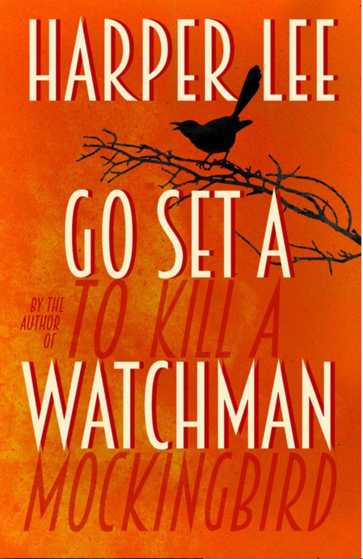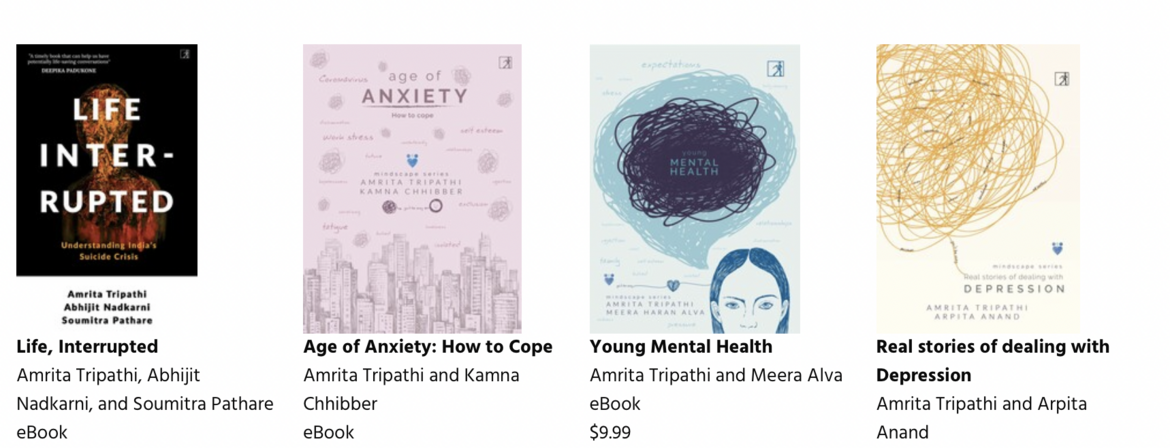This weekend was a much-needed time-out (like most weekends). This one also offered the opportunity to slip back into childhood, buffered by the safety net of adulthood. I mean, you can disappear into a book these days, but more often than not these days, you find the exit too. Gently, we slip in and out of realities. Ah, aging!
I will admit I approached Go Set A Watchman with some trepidation, given all the brouhaha and spoilers doing the rounds, including the chilling NYT review. Atticus a bigot? Pas possible.
But there was no question -- I was always going to read this book. Like millions upon millions of you, To Kill A Mockingbird was a life-long journey. Like millions, I felt it was an intensely personal one. (Clearly, despite all our desire to be unique, it was collective.) And clearly Ms Lee had/ has always had the gift. I didn't know till after reading Watchman that Lee had written this in 1957, (pre-dating Mockingbird) and that in fact, it was an earlier version of the cult classic. But I doubt that Lee would've guessed that she would end up writing a literary touchstone. How bizarre that sitting all the way half the world away, I could be sucked into a story about segregation, racism and the deep South, about small-town Alabama? About race relations?
Not that strange, I suppose, when you see it as a coming of age story...reminding you of that moment when your childhood slipped away. (For most people it is a moment, even if we don't remember it.)
*Spoiler alert* Please don't read further if you haven't read Go Set a Watchman. Or To Kill A Mockingbird! *Spoiler alert*

But how strange that reading Watchman now as an adult, I find myself still plunged into momentary despair, alternating with laughter at some of the antics and jokes, but through it all a sombre realisation that all our heroes do, after all, have feet of clay. I don't think any the less of Atticus (or even Lee, as some are!) that he is portrayed as a man with deep prejudice, he is clearly a man of his time (and modeled somewhat, apparently, on Lee's father). Does that make me an apologist for racists? Not in the least, I hasten to add, lest I be misunderstood. But the portrait seems authentic.
It obviously is a jolt for the reader, given that he was the moral centre of Mockingbird, and it's undoubtedly a brutal awakening for Scout... But those of us who out-grew her along the way -- no matter how much we identified with the tomboy, the rebel, the whip-smart girl with her tight-knit group and sense of moral certainty -- well, we've long since learnt the hard way that our idols have feet of clay. It's one of the rites of passage into adulthood.
*Spoiler alert!* (Not kidding now)
For me, more devastating than that realisation was the matter-of-fact way in which we learn that Jem has died. I miss him in an acute way, just as Scout does. The second heart-wrenching moment is when she remembers how she climbed up to the water tower, determined to end her life. Tears streaming, I had to shut the book (and then ask myself, why on earth was I crying?! More to do with me and those missing in my life than what was on the page?) It's hard to say, but this story was a very definite, tangible part of my childhood. Scout and Jem were friends. And I couldn't bear to think of Scout that miserable and alone. Or without Jem.
Clearly much has changed: Jem's gone, Calpurnia too -- with race relations deteriorating to such an extent that she becomes a stranger to Scout... (The one untrue note I found, was when she asks if she "always hated them"? I don't think that rang true, or that Calpurnia after raising Jem and Scout would have chosen quite that method of dis-engagement). Anyway. Boo Radley isn't around any longer. Nor is Dill (who I didn't know was modelled on Lee's own friend Truman Capote), though he is referred to. The flashbacks are intense and add much to the story, because that's the Maycomb we remember! That's the universe as we left them all.
But the biggest change of course is that we're now sitting here as grown-ups, grieving not just for Scout, but for a lost childhood and lost innocence.
Older now than Jean Louise ever will be, I say farewell my friend and well met. I for one am more than delighted to have had the chance to visit with my favourite Finch again.

